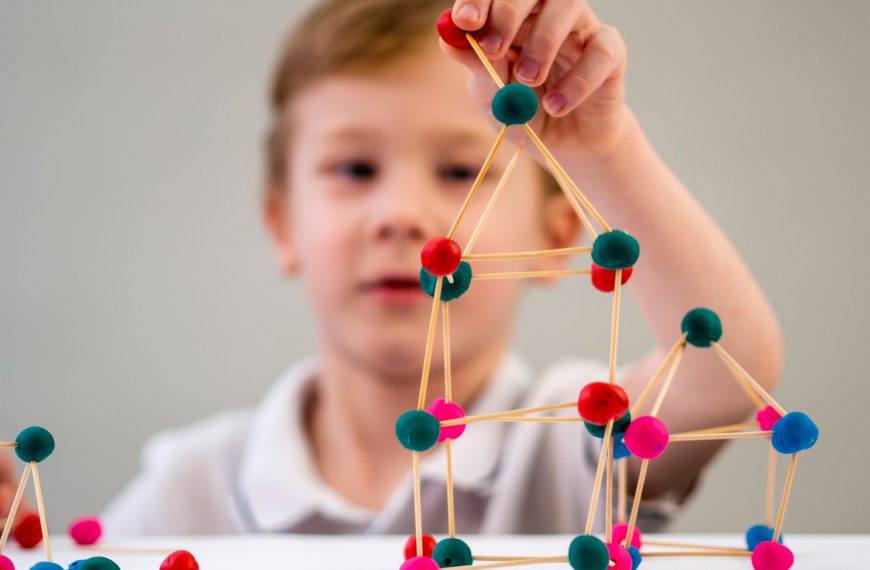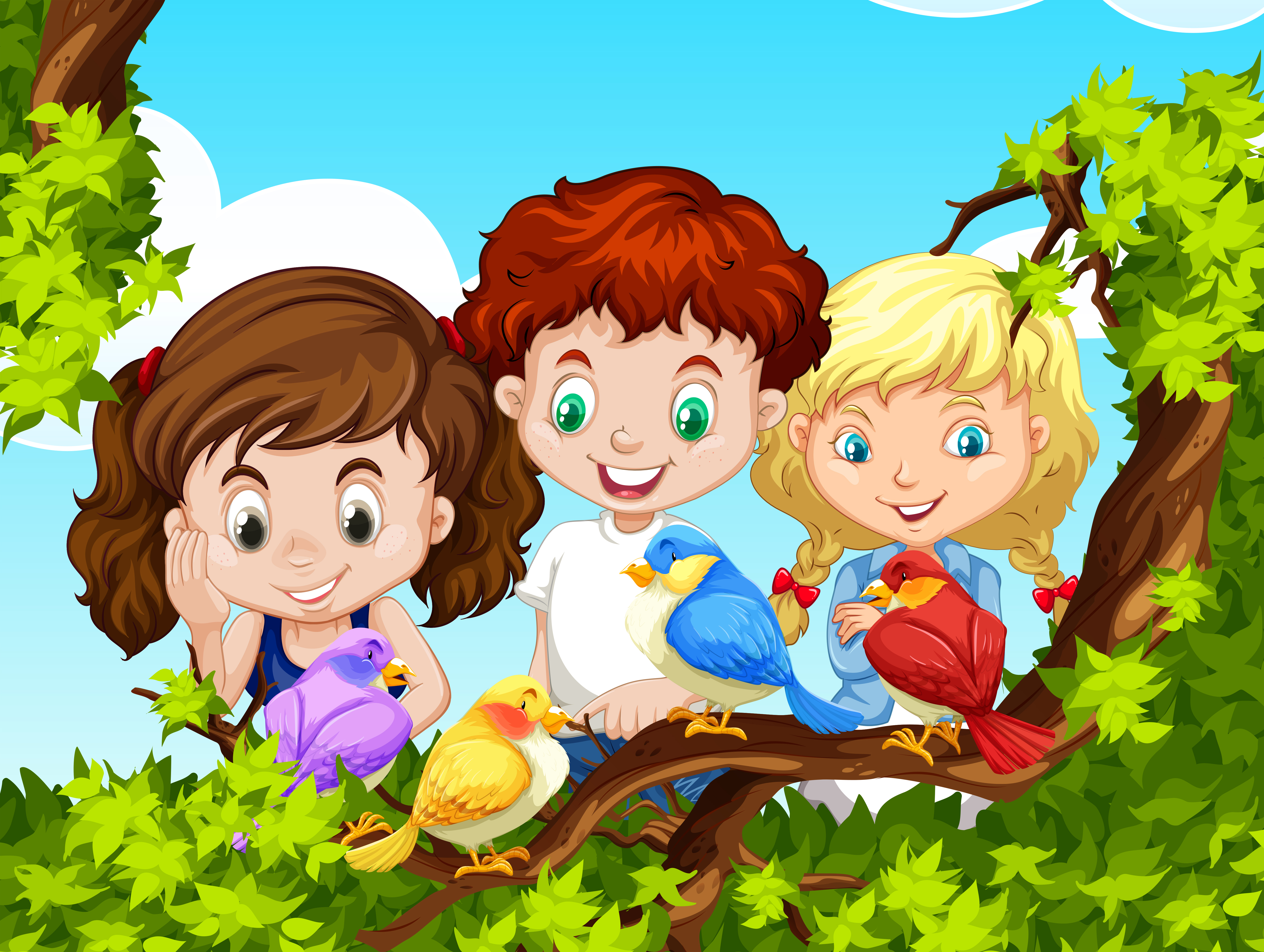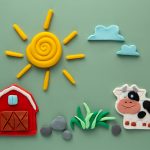Each child is born unique. They look unique, have unique personalities, and respond in their way to different situations. Does it all have to do with the unique DNA they inherit from their parents? Is it in the genes or can it be moulded via their upbringing? Epigenetics, a field of behavioural genetics, in child development is the field of study which suggests that experiences have a significant effect on the child’s genes without affecting the underlying DNA. This implies that the environment of upbringing does have a significant say in how the child “turns out to be”, along with the DNA the child inherits from the parents. In other words, desirable child development takes a lot from their parents. There is a significant impact of their upbringing environment – at home, at school, in the playground with friends, and even on social media which cannot be overlooked.
In the “Nature vs. Nurture” debate, the “Nature” school of thought prescribes that physical appearance, personality, and behavioural pattern are all a result of the composition of the gene they inherit from their parents and their lineage. The “Nurture” school of thought caters to the influences environmental factors such as experiences with society, friends, community, and environment have on their physical appearance, personality, and behavioural pattern. There are certain extreme followers of the two schools of thought wherein:
- On one extreme, there are nativists, who believe that a child’s composition of mind, body, and soul is entirely dependent on the inherited genes
- On the other extreme are empiricists, who believe that a child’s composition of mind, body, and soul is entirely a result of their environment, and experiences during their upbringing
Despite the existence of these extreme positions, there is wide acceptance today of the role of both “nature” and “nurture” in the physical appearance, personality, and behavioural makeup of the child. While both these schools of thought coexist, the debate is around the nature of their interrelationship and which factor, nature or nurture, dominates in cases of a clash.
You may have heard of a popular exchange between Albert Einstein (a famous scientist believed to be not so good-looking) and Marilyn Monroe (a famous Hollywood actress):
Marylyn Monroe says: “Would it not be wonderful if we had a child with your brains and my beauty?” Einstein replied promptly: “Yes, but imagine a child with my beauty and your brains!”
Aspects of Physical Appearance Personality
Let’s look at the key aspects of Physical Appearance (or Body) Personality, and Behaviour from the nature vs nurture angle.
Body. There is no question that children do take after their parents, definitely in terms of physical attributes such as looks, colour, height, weight, etc. However, there are equally significant studies that suggest that children do take a lot after their surroundings as well. There have been studies that suggest that adopted children do begin to resemble their adoptive parents in due course of time. Physical appearance has also been reported to be influenced by climatic conditions in which the child is being brought up, especially in the early child development stages. Genetic formation does have a dominating say on our appearances, however, the nurturing environment does have some influence on child development as well.
Additionally, there is a significant field of study in medicine which looks at the hereditary inheritance of deficiencies in human bodies. Certain diseases such as Alzheimer’s, Arthritis, Cancer, Dementia, Diabetes, Heart Diseases and High Blood Pressure amongst others have been frequently reported to be passed onto offspring. However, deficiencies can be acquired based on lifestyle and the said diseases have been found in equal abundance to those without any family history.
Personality vs Behavior. We tackle personality and behaviour together as there is widespread confusion and we tend to confuse one for the other. Personality is a more long-term formation while the behaviour is our temporal response to a particular situation. However, it will be incorrect to say that personality is more “nature” while behaviour is more “nurture”. We need to look at them as a combination of both. A vast literature in psychology suggests that personality is more genetic and “natural”, while our behavioural response is more fashioned by the nurturing variables. This reasoning is used by teachers to drive in “good behaviours” and drive out the “bad behaviours”. For example, it is well established that the child’s spoken language is significantly influenced by the dominant caretaker. Working parents employing maids as caretakers are frequently surprised to see the child’s tonality being influenced by that of the caretaker. Studying in strictly English medium schools moulds children into fluent English speakers, unlike children who go to optional or local language schools.
How a child behaves is widely believed as an outcome of upbringing and the environment. The experiences gained by the child at home, at school, in society, and with friends have a strong role in driving the child’s behavioural genetic responses. This emphasises the critical roles schools and parents can play in the formation of the right behavioural pattern right from preschool days.
A key area of study in the nature vs nurture debate is the difference in parenting styles and their impact on children’s behaviour. Authoritarian parenting can lead to children with higher levels of aggression while a permissive style of parenting may lead to a child lacking social competence. Research has suggested a combination of parenting styles to support children’s behavioural development.
Given that we can’t alter the inherited aspects of mind, body, and soul from “nature”, the focus of child development should be on how to “nurture” positive behaviours and out-nurture negative behaviours and traits. However, for the education and learning interventions to be effective we need to be appropriately mindful of the “nature” based composition of the child. An understanding of the genetic makeup can give us a head start on parenting styles and appropriate child development needs.
At EuroKids we believe in fostering a balance between nature and nurture when it comes to child development, by ensuring parents, guardians, and teachers are equally involved in the process of providing a nurturing home environment as well as providing children with the necessary resources and support to allow them to reach their full potential












